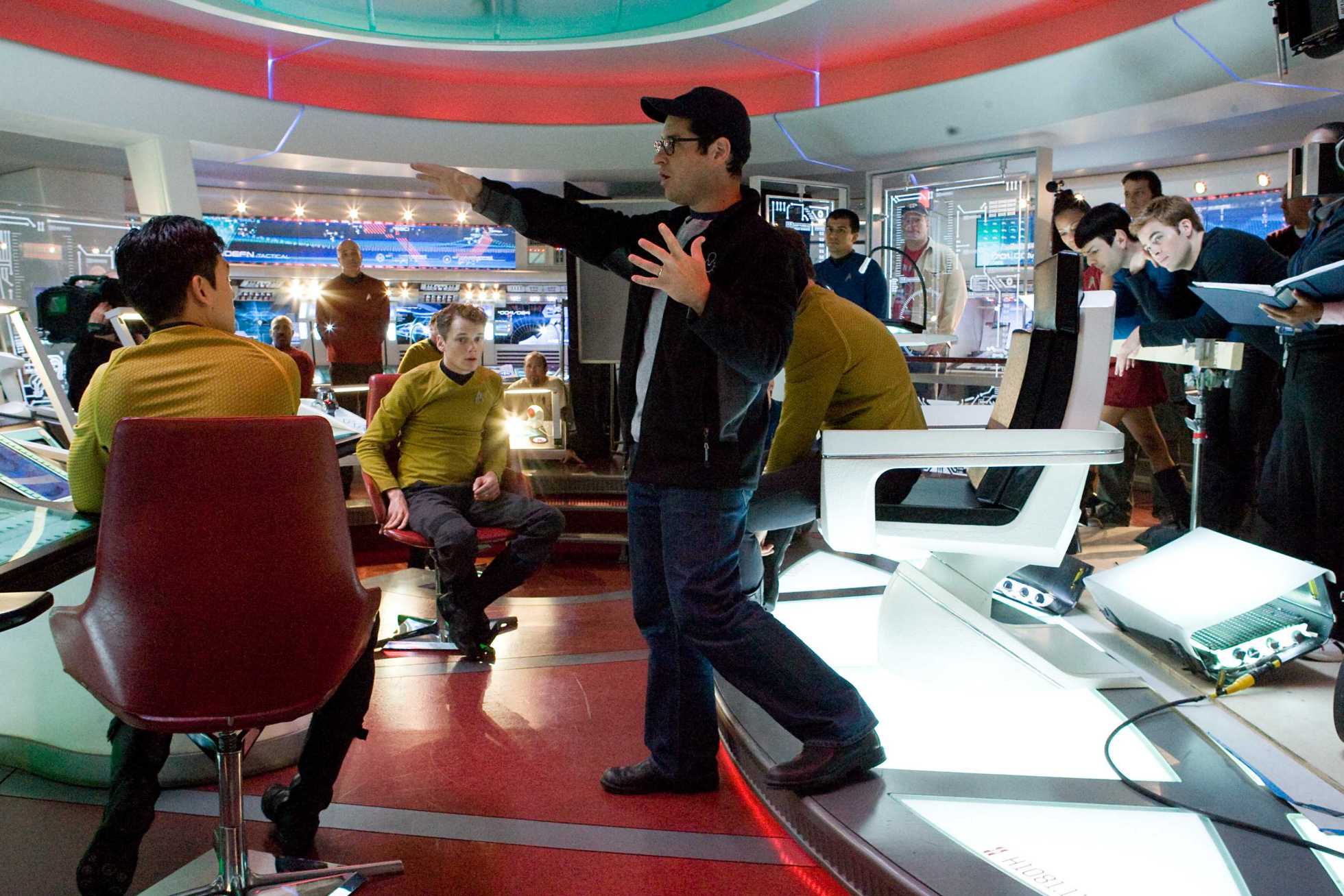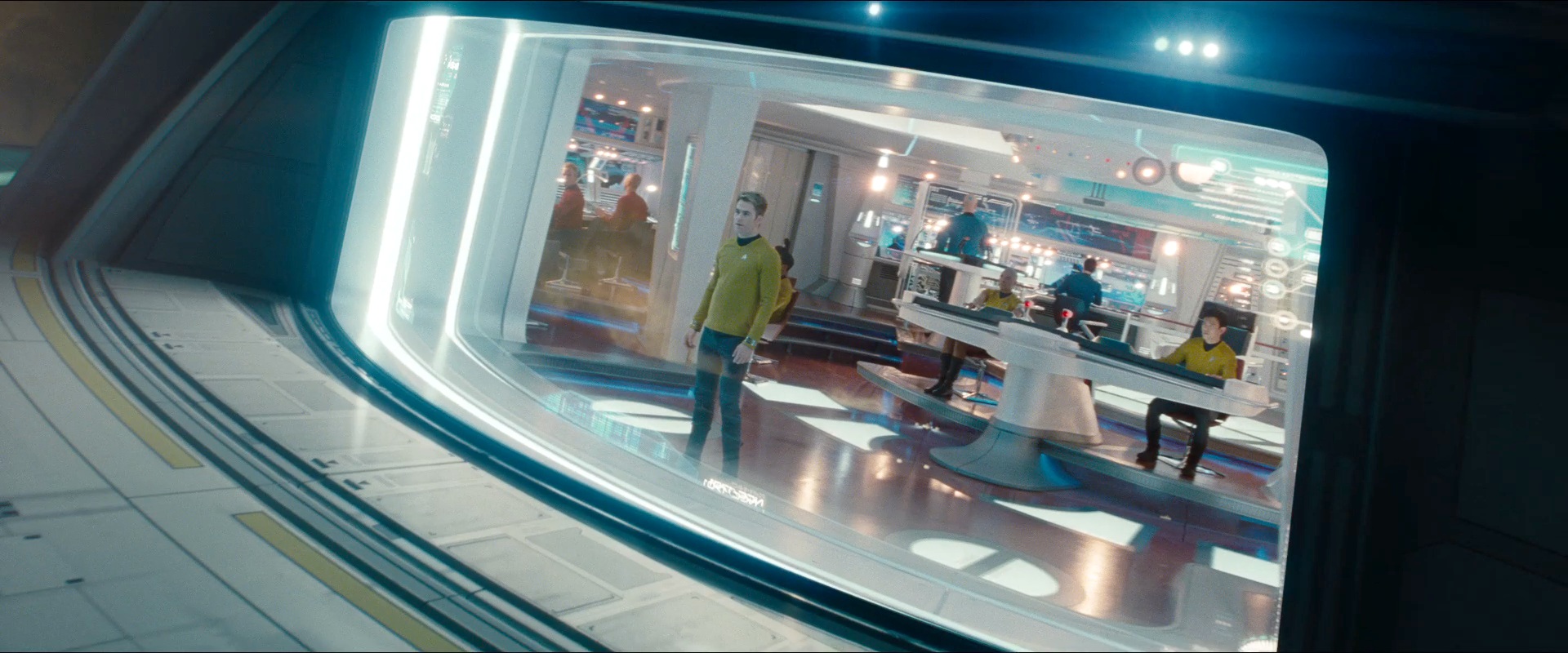The Spock of the future (the one played by Leonard Nimoy)
isn’t emotionally stuck, he’s incredibly flexible. Unlike most Vulcans, this
Spock rejected Kolinahr, deciding to pursue logic and emotions. He integrated both of his cultures, switching his
perspective as needed depending upon the situation he’s in. He understood
conflicting points of view, making him highly empathic and open-minded. That's
why he was so good at negotiating peace between the Klingon Empire and the
United Federation of Planets as well as the Vulcan High Command and Romulan
Empire. Captain Picard even compared Spock's tactics to "cowboy diplomacy,"
an emotional comparison never made of any other Vulcan. When
you think about his unique biology, bicultural youth, and supportive parents,
it's easy to see how Future Spock came to be.
What does this mean for the Spock of the present, the one
who’s struggling so deeply with his emotions? Individuals experiencing PTSD can
go down many different paths. While Zachary Quinto's Spock will never turn out
exactly like Leonard Nimoy's (one experienced significant trauma, the other
didn’t), Present Spock can learn to overcome his trauma and grow from the
experience.
Post-traumatic growth is the positive change that happens to a person as a
result of their struggle with a trauma. Trauma doesn't cause a person to grow,
it's about the decisions a person makes as a result of their trauma. Many
people who experience post-traumatic growth describe feeling changed by their
traumatic experiences, feel more connected to others, become more resilient
against crises, or have a greater appreciation for life (think Captain Picard
in “Tapestry”).
Growth doesn't mean people don't suffer; pain is a part of the process. Growth
cannot happen until you to learn how to face difficult emotions and talk about
the things going on in your head.
This is the challenge for Present Spock—to
overcome his emotional demons. I won't give anything away, but based on what
happens at the end of Star Trek Into
Darkness, we're already beginning
to see signs of growth in Spock (and a lot of it has to do with his friendship
with Kirk—his new source of resiliency).
A Reflection of Us


















